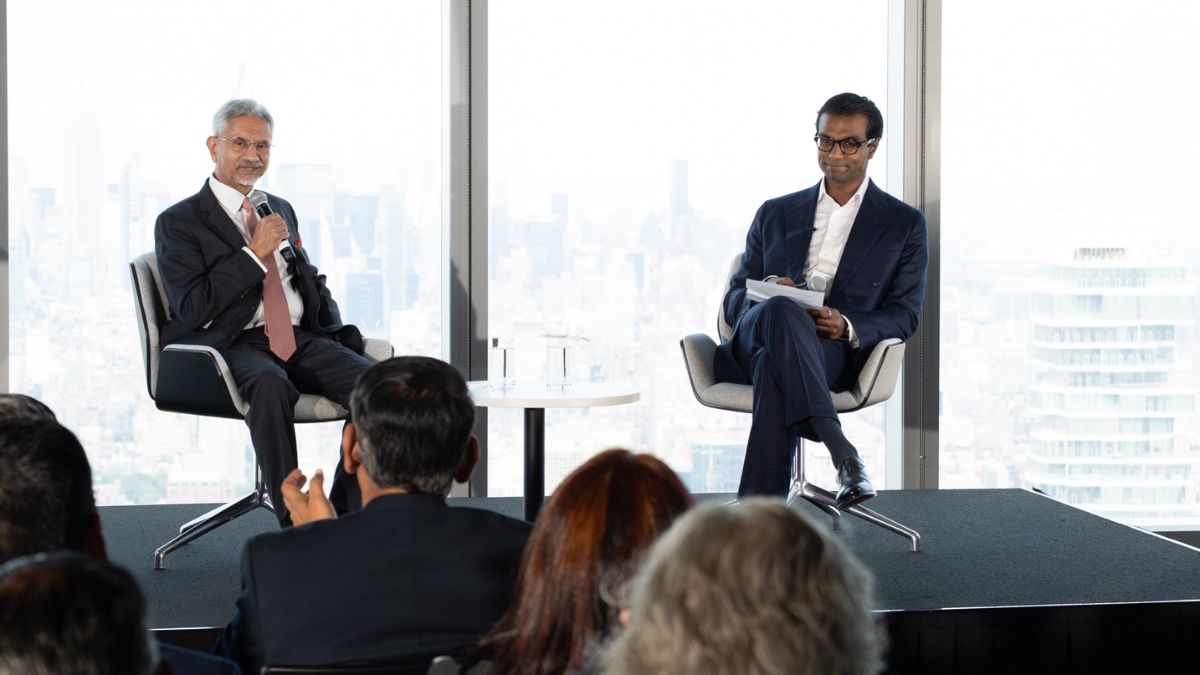In the wake of continuous false claims by US President Donald Trump about the India-Pakistan conflict, External Affairs Minister S Jaishankar has sought to set the record straight again and said that India did not agree to a ceasefire at the behest of the United States.
In an interview with Newsweek, Jaishankar said that Prime Minister Narendra Modi did not agree to a ceasefire in a call with US Vice President JD Vance but said that India would mount a befitting response to any Pakistani attack.
“I can tell you that I was in the room when Vice President Vance spoke to Prime Minister Modi on the night of May 9, saying that the Pakistanis would launch a very massive assault on India…We did not accept certain things, and the Prime Minister was impervious to what the Pakistanis were threatening to do. On the contrary, he (PM Modi) indicated that there would be a response from us," said Jaishankar.
The next morning, US Secretary of State Marco Rubio called and said that “Pakistanis were ready to talk", said Jaishankar.
Later in the day, Pakistani Director General of Military Operations (DGMO) Major General Kashif Abdullah reached out to his Indian counterpart with a request for a ceasefire, said Jaishankar.
“So, I can only tell you from my personal experience what happened," said Jaishankar.
In conversation with @DevPragadNW of @Newsweek.
— Dr. S. Jaishankar (@DrSJaishankar) July 1, 2025
https://t.co/hsVSLETBv4
Impact Shorts
More ShortsTrump and his officials have continued to falsely claim that it was his intervention that brought India and Pakistan to a ceasefire when the two sides fought in May. They have said that trade served as an incentive for the two sides to make peace.
India has maintained that it was the battering of Pakistani military that forced the country to request a ceasefire that India granted.
On May 6-7, India launched ‘Operation Sindoor’ in response to the terrorist attack in Jammu and Kashmir’s Pahalgam on April 22 that killed 26 people. India struck nine terrorist sites in Pakistan Occupied Jammu and Kashmir (POJK) and Pakistan on the intervening night of May 6 and 7. As Pakistani military responded the next day with attacks on Indian military and civilian sites, India responded with attacks on Pakistani military bases, including airbases, air defence sites, and radar installations. The battering over the four days led Pakistan to request a ceasefire on May 10.


)

)
)
)
)
)
)
)
)



